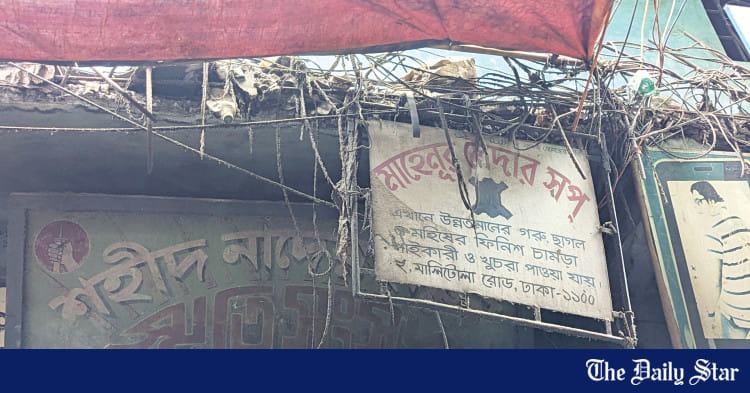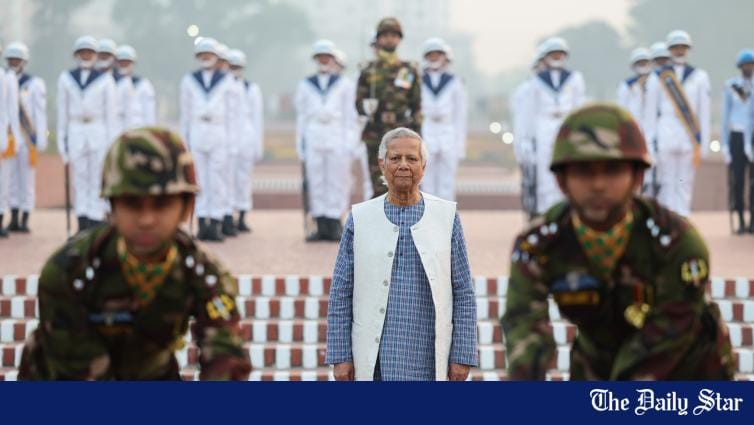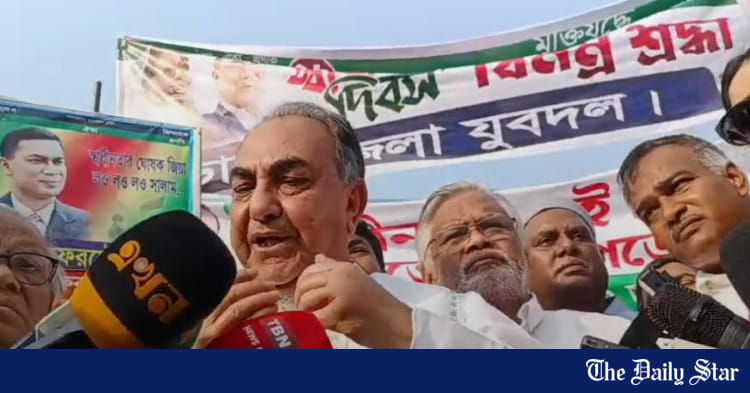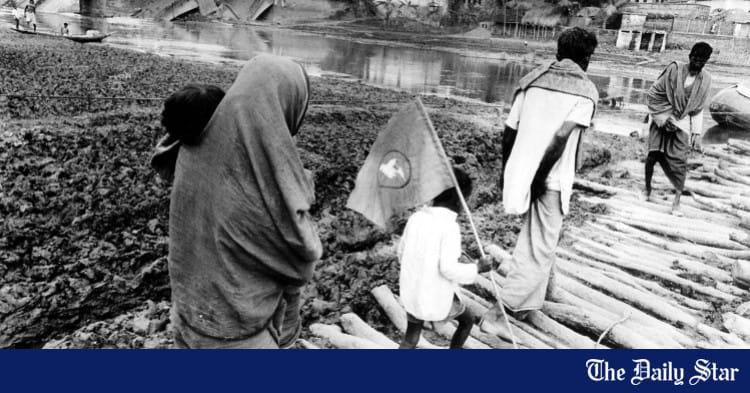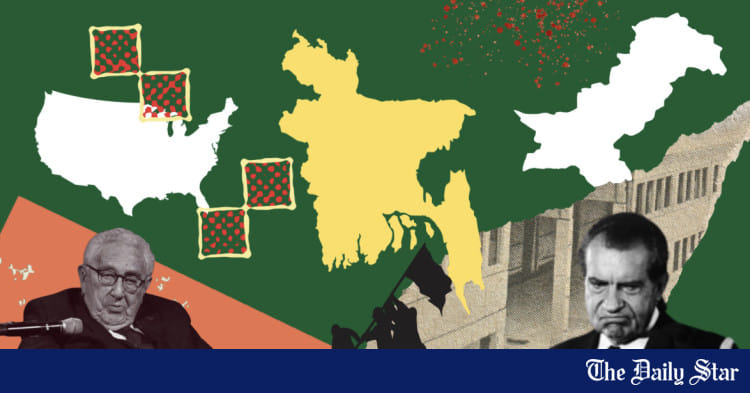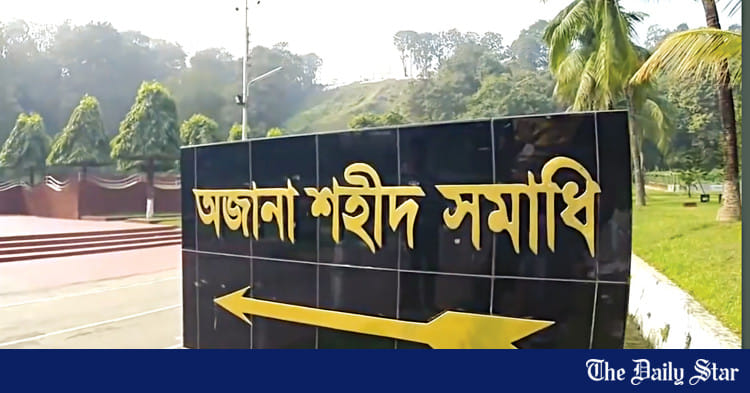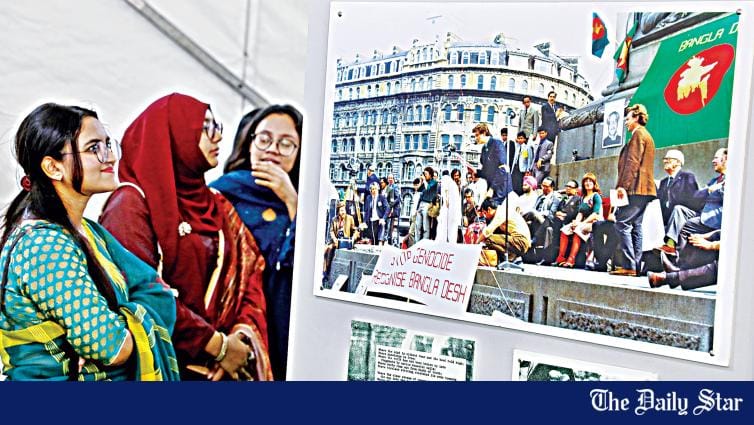Independence Day: Parades to be held in 63 dists except Dhaka
Shafiqul Alam

The interim government has announced that Independence Day parades will be held in 63 districts on March 26, excluding Dhaka, due to ongoing renovation work at the National Stadium.
A statement from the Chief Adviser's Press Wing yesterday evening dismissed reports claiming the parade would be cancelled this year, clarifying that while the capital will not host the event, all deputy commissioners have been instructed to organise the parades and ensure due honour for freedom fighters across the country.
Earlier in the day, Home Ministry Senior Secretary Nasimul Ghani said that no parade would take place this year.
"The Victory Day parade was not held last year, and there will be no Independence Day parade this year," he told reporters after a meeting.
He cited the government's current stance, saying, "Advisers have stated that we are in a wartime mode. We are not in a celebratory mood."
Asked about potential security concerns surrounding 26 March, Ghani said, "At present, I do not see any security risks."
He added that the government has implemented extensive security and logistical measures during Ramadan and in preparation for Eid-ul-Fitr and Independence Day.
Authorities have also taken steps to curb extortion and street crimes in transport hubs, he added.
Shafiqul Alam
The interim government has announced that Independence Day parades will be held in 63 districts on March 26, excluding Dhaka, due to ongoing renovation work at the National Stadium.
A statement from the Chief Adviser's Press Wing yesterday evening dismissed reports claiming the parade would be cancelled this year, clarifying that while the capital will not host the event, all deputy commissioners have been instructed to organise the parades and ensure due honour for freedom fighters across the country.
Earlier in the day, Home Ministry Senior Secretary Nasimul Ghani said that no parade would take place this year.
"The Victory Day parade was not held last year, and there will be no Independence Day parade this year," he told reporters after a meeting.
He cited the government's current stance, saying, "Advisers have stated that we are in a wartime mode. We are not in a celebratory mood."
Asked about potential security concerns surrounding 26 March, Ghani said, "At present, I do not see any security risks."
He added that the government has implemented extensive security and logistical measures during Ramadan and in preparation for Eid-ul-Fitr and Independence Day.
Authorities have also taken steps to curb extortion and street crimes in transport hubs, he added.




